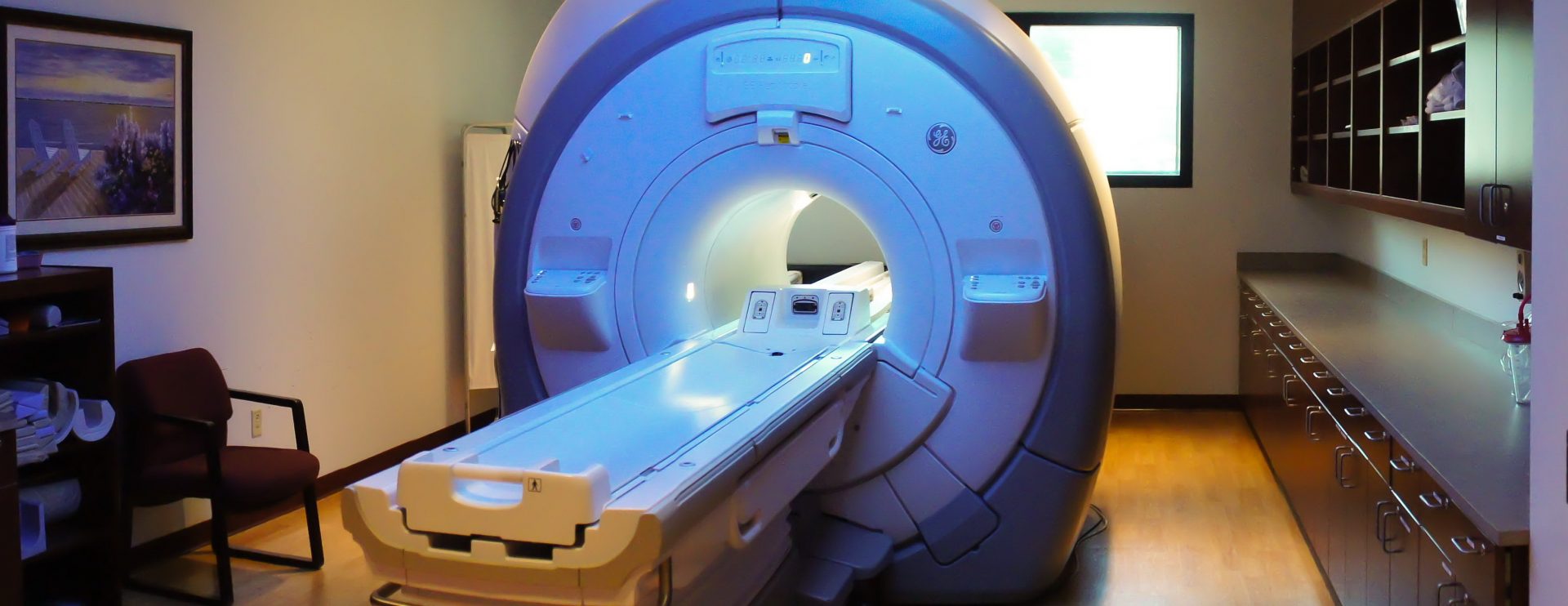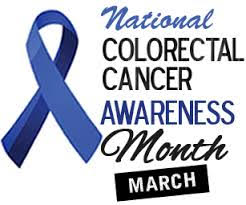Colorectal cancer is the second leading cause of death from cancer and is the third most common cancer in the United States. It is estimated that about 50,000 people will die from colorectal cancer every year, with more than 135,000 people diagnosed with the disease. About 1 in every 24 women and 1 in 22 men will get a new diagnosis of colorectal cancer sometime during their life. Colorectal cancer affects all racial and ethnic groups although it is more common in people over 50.
The Development of Colorectal Cancer
Colorectal cancer refers to cancers that originate in the colon, rectum, or both, often referred to as colon cancer or rectal cancer due to their similarities. The majority of these cancers begin as a growth known as a polyp on the inner surface of the colon or rectum. Over several years, some polyps may transform into cancer, though not all do, primarily due to the existence of different polyp types.
The two primary kinds of polyps are hyperplastic and inflammatory polyps, which typically do not lead to cancer, and adenomatous polyps (adenomas), which are considered pre-cancerous because of their potential to evolve into cancer.
Moreover, the likelihood of developing colorectal cancer is influenced by certain features of polyps. An increased risk is associated with polyps that exceed 1 cm in size, if an individual has more than two polyps, or if there is dysplasia—indicative of abnormal, non-cancerous cells—present after a polyp is removed.
Risk Factors for Colorectal Cancer
There are several risk factors and health conditions that contribute to the risk of developing colon cancer, which include:
Age – While younger adults can develop colorectal cancer, it is more common in people over 50, and your risk increases with your age.
Personal history of polyps – Having a history of adenomas that were large or in numbers.
Personal history of inflammatory bowel disease – If you have either inflammatory bowel disease,(IBD), Crohn’s disease or ulcerative colitis, you have an increased risk of developing colorectal cancer.
Family history of colorectal cancer – Having an immediate family member such as a parent or sibling with colorectal cancer will put you at an increased risk, especially if they were diagnosed before the age of 45.
Lack of Physical Activity – You are at an increased risk of developing colorectal cancer if you are physically inactive.
Being overweight – If you are overweight or obese you have an increased risk of developing colorectal cancer.
Diets high in red meats – Diets that are high in red meats such as beef, pork, liver, lamb or processed luncheon meats can raise your risk of developing colorectal cancer.
Smoking and excessive alcohol use – There is an increased risk of developing colorectal cancer with excessive drinking and smoking.
Use this Colorectal Cancer Risk Assessment Tool from The National Cancer Institute for more information. Talk to your doctor about your concerns and learn about several screening tests available.
Colorectal Cancer Screening Saves Lives
It is easier to treat colon cancer when caught early. The American Cancer Society recommends screenings for early detection and prevention. Finding and removing polyps prevents them from developing into cancer. Women and men at average risk are recommended to begin with screening tests at the age of 50. There are tests that find polyps and cancer, and some that mainly detect cancer.
Screening tests that are used to detect polyps and cancer include:
Colonoscopy recommended every 10 years
CT Colonography (virtual colonoscopy) recommended every 5 years
Double-contrast barium enema, every 5 years
Flexible sigmoidoscopy. every 5 years
The following tests are used to mainly detect cancer:
Guaiac-based fecal occult blood test (gFOBT), each year
Fecal immunochemical test (FIT), each year
Stool DNA every three years
Talk to your doctor about which test is right for you. For more information you can use this colorectal screening test interactive tool from the U.S. Department of Health and Human Services to help you decide which tests are right for you.
Colorectal Cancer Can be Prevented with Screenings
About 60% of deaths caused by colorectal cancer could be prevented with regular screenings. Let’s prevent the number of people diagnosed with colorectal cancer and reduce the number of deaths caused by this disease. We can use Colorectal Cancer Awareness Month to spread the word that regular screenings saves lives.
Greater Waterbury Imaging Center urges you to spread the word about Colorectal Cancer Awareness Month, remind your friends and family that screening saves lives and talk to your doctor about the right screening test for you. Contact us for all your medical imaging needs.


